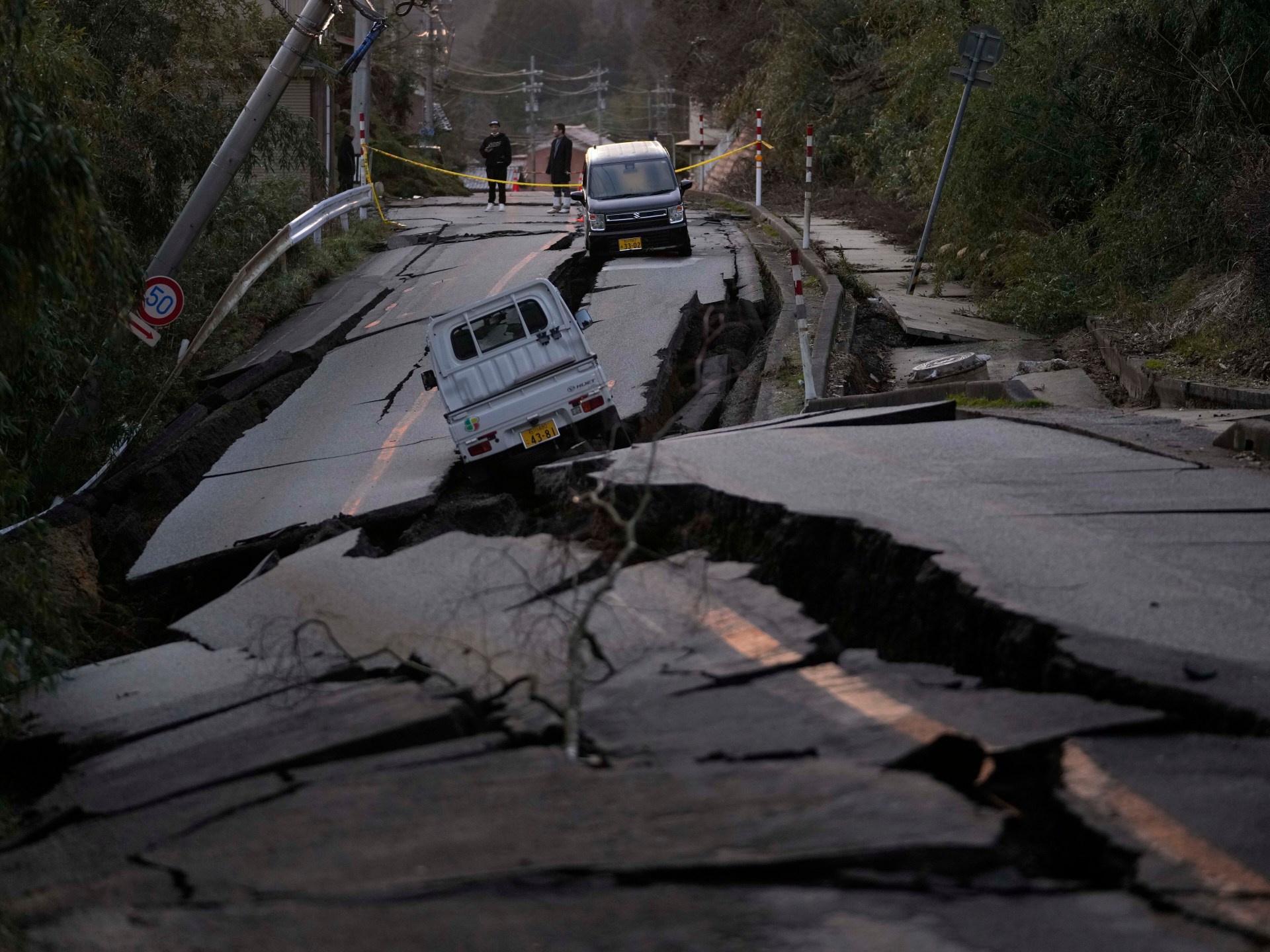Published On 20 Nov 2023
The Pantanal wetlands in western Brazil – famed as a paradise of biodiversity – have enormous clouds of smoke billowing over them since the beginning of November as raging wildfires are reducing vast expanses to scorched earth.
Known for its lush landscapes and vibrant wildlife, including jaguars, caimans, macaws and monkeys, the Pantanal is home to the world’s biggest tropical wetlands and, in normal times, a thriving eco-tourism industry.
But in recent weeks, it has been ravaged by fires that are threatening its iconic wildlife as Brazil suffers through a Southern Hemisphere spring of droughts and record heat.
There were 2,387 fires in the Pantanal in the first 13 days of November, an increase of more than 1,000 percent from the entire month of November last year, according to satellite monitoring by Brazilian space research agency INPE.
“The situation is completely out of control. And between the heatwave and the wind, it’s only going to get worse,” says biologist Gustavo Figueiroa, 31, head of the environmental group SOS Pantanal.
“The Pantanal is a region that’s used to fires. Normally, it regenerates naturally. But this many fires isn’t normal.”
It has been hit hard by drought this year, with normally flooded areas reduced to shrivelled ponds.
At one such spot along the dirt highway across the region, the 150km (93-mile) Transpantaneira, a small group of caimans can be seen trying to swim in the shallow water.
Nearby, the corpse of another sits rotting on the bank.
Elsewhere, a dead porcupine lays on a carpet of ash in the charred remains of what was once a forest.
“It probably died of smoke inhalation,” says veterinarian Aracelli Hammann, who is volunteering with a wildlife rescue group.
They made the grim find in the Encontro das Aguas park, home to the world’s largest jaguar population.
Nearly one-third of the park has been hit by fires in the past month, according to environmental group ICV.

 Movie
Movie 5 months ago
97
5 months ago
97 






![Presidents Day Weekend Car Sales [2021 Edition] Presidents Day Weekend Car Sales [2021 Edition]](https://www.findthebestcarprice.com/wp-content/uploads/Presidents-Day-Weekend-car-sales.jpg)



 English (United States)
English (United States)